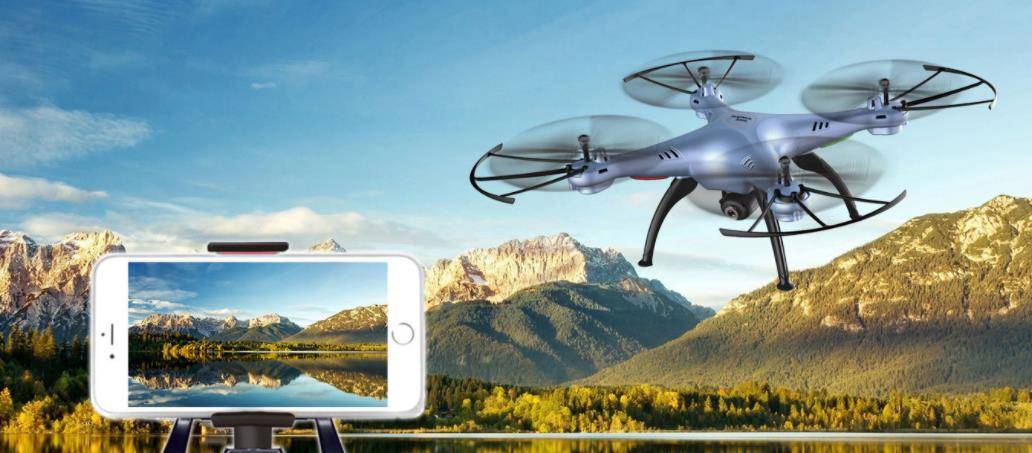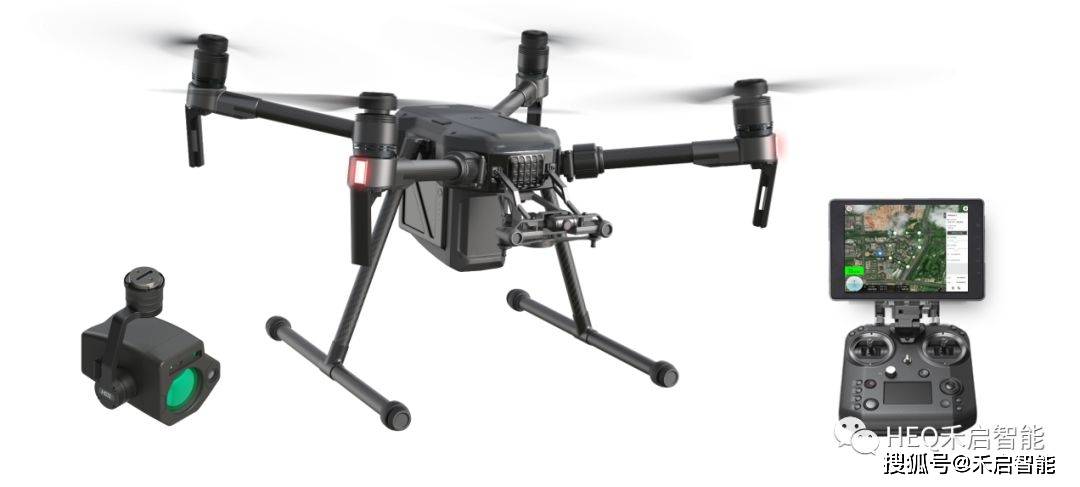The introduction of a Senate bill aimed at empowering local law enforcement agencies with the ability to track drones has encountered significant opposition. The legislation, which promised enhanced security measures by allowing police departments to effectively monitor drone activity, was unexpectedly blocked. As drones become increasingly prevalent, concerns regarding their potential misuse have grown.
Law enforcement’s necessity to track drones isn’t merely a matter of surveillance; it involves protecting citizens from any unauthorized or threatening drone activity. Understanding the potential risks associated with unmonitored drones is crucial for developing effective policies. Drones can be used for illicit surveillance, smuggling contraband, or even posing threats to public events.
Opposition to the bill stems from privacy concerns, as critics argue that enabling local law enforcement to track drones could lead to unintended privacy invasions. There is a delicate balance between ensuring public safety and preserving individual rights, making the debate surrounding this Senate bill particularly complex.
Drone tracking technology

Developments in drone tracking technology have provided various tools that would optimize monitoring. These technologies include radiofrequency detection, acoustic sensors, and advanced radar systems that can pinpoint drone locations with precision. Implementing these technologies without infringing on privacy is the central challenge to this legislative endeavor.
Drones are versatile tools—offering benefits in industries like agriculture, photography, and emergency response—but their misuse can have severe consequences.
Drone tracking by local agencies also raises logistical questions. How would the data be stored, and who would have access to it? Ensuring data security and preventing misuse is vital for gaining public trust and support for any drone tracking initiative.
Future implications and solutions
By fostering dialogue and collaboration among lawmakers, privacy advocates, and technology experts, an effective framework for drone tracking can be established. This framework must address concerns while acknowledging the need for security. Exploring alternative solutions, such as imposing stricter penalties for illegal drone use or improving public awareness through educational campaigns, might offer complementary approaches to regulation.
Despite the blockage, proponents of the bill are hopeful for future compromise. Adjustments to the bill, incorporating stricter privacy safeguards, might alleviate concerns and facilitate its passage in the future.
FAQs
What is the primary concern regarding local law enforcement tracking drones?
Privacy invasion is the foremost concern, as unchecked tracking could lead to inappropriate surveillance activities.
How might drone tracking benefit law enforcement?
Tracking drones would enhance security by preventing illegal activities, ensuring public safety, and providing data for criminal investigations.
What are potential alternatives to drone tracking legislation?
Alternatives include educational outreach on legal drone use, enforcing stricter penalties for violations, and fostering public engagement to ensure community support.